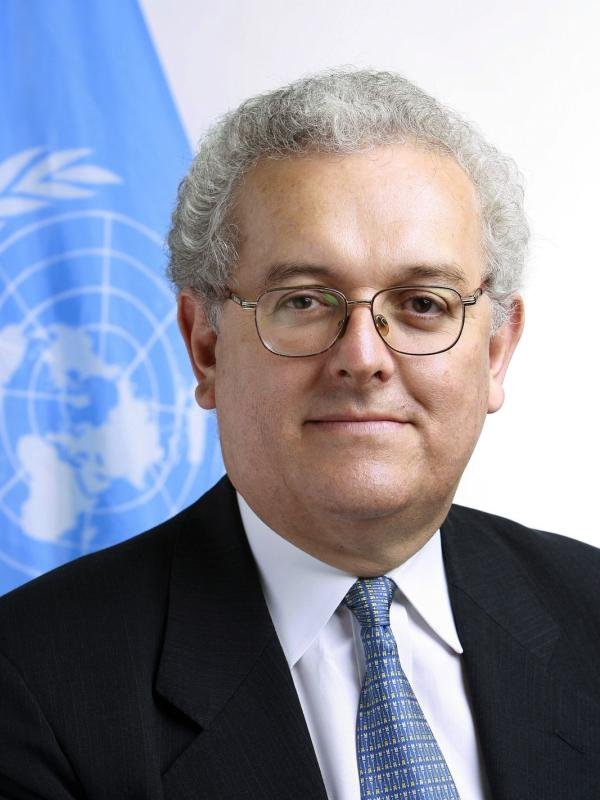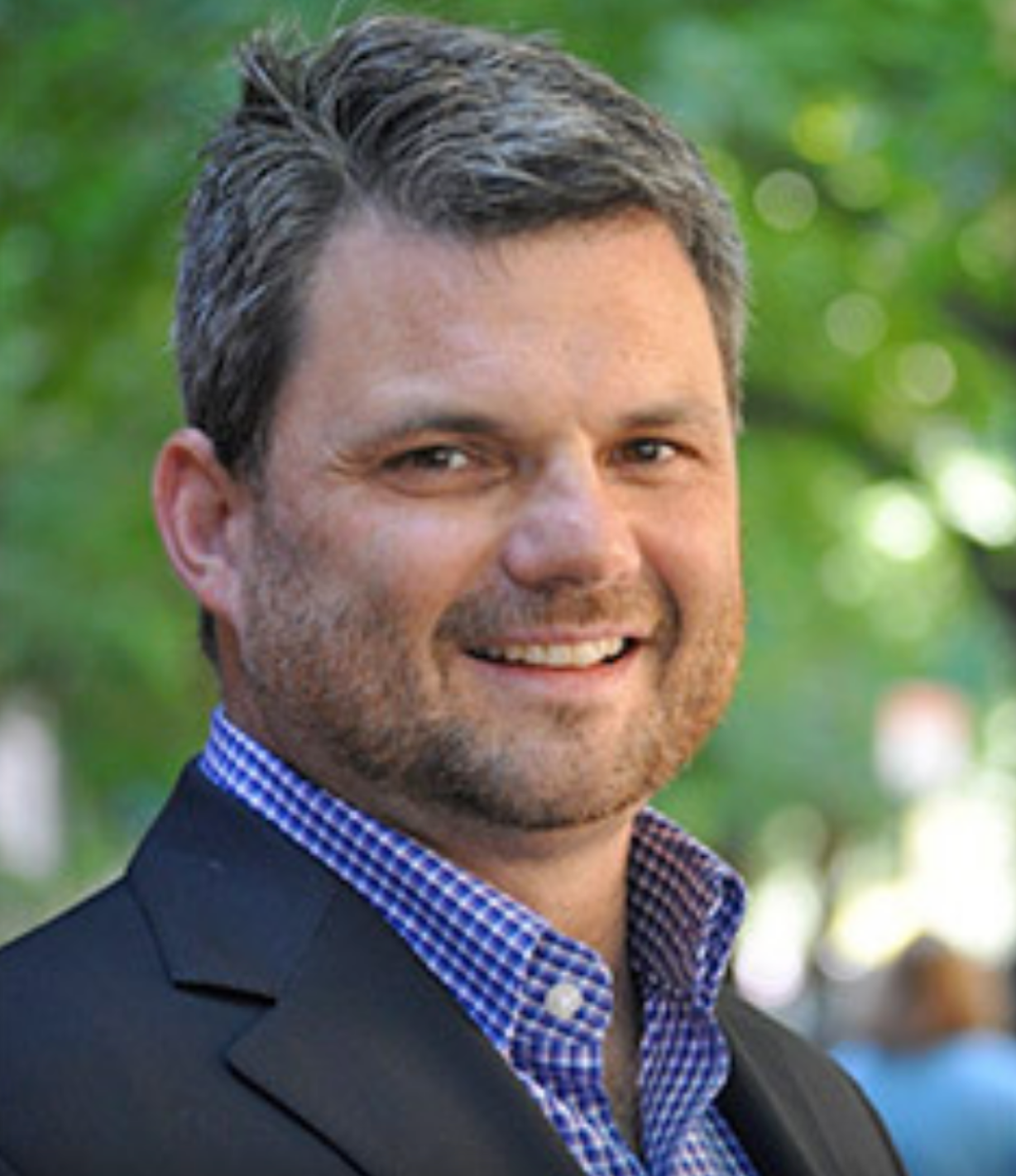The Center for a New Economy (CNE) unveiled today in San Juan a joint report prepared with the Initiative for Policy Dialogue (IPD) at Columbia University in New York which analyzes key components for a new Industrial Policy for Puerto Rico. Among the key processes are: correct coordination and market failures; identify and support new productive activities; design and implement structural economic reforms; revamp public institutions in charge of economic development; and foster a dynamic dialogue and consultation processes with different stakeholders. The term “industrial policy” refers to a broad set of public policies that seek to support key economic sectors and coordinate productive activity.
Miguel A. Soto-Class, President of CNE, highlighted that “beyond restructuring its debt, Puerto Rico will only solve its fiscal and economic crisis by reestablishing growth for the long run and on a sustained manner. In CNE we see this crisis juncture as a window of opportunity to identify, promote and achieve the institutional and structural changes that Puerto Rico needs to move in that direction. We have thus created the CNE Growth Commission, a group of international experts on economic development with which we will be working on new growth strategies for Puerto Rico.” Growth Commissions have been used throughout the world to generate and guide economic reform agendas.
Soto-Class explained that CNE has started a process of dialogue and consultation with a series of experts to devise a series of processes that will lead to the design of a new Industrial Policy for Puerto Rico. In 2006, CNE published with the prestigious Brookings Institution The Economy of Puerto Rico: Restoring Growth, a broad diagnostic analysis of the Puerto Rican economy that is considered one of the main reference works on the topic.
José Antonio Ocampo – Co-Director of IPD, former Executive Director of the Economic Commission for Latin America and the Caribbean (ECLAC) and former Minister of Finance of Colombia – is the lead author of the report “Devising a Growth Strategy for Puerto Rico”, produced as part of this new initiative by CNE. Deepak Lamba-Nieves, CNE’s Director of Research and Sergio Marxuach, CNE’s Director of Public Policy co-authored the report.
Ocampo said, “Puerto Rico’s economy has experimented a ‘lost decade’ with notable contractions in production, investment and employment. Nonetheless, the economy started to slow down since the mid-1970s. This points to the fact that Puerto Rico’s economic model has collapsed, and that it is necessary to design and implement a combination of programs focused on reverting the trend towards disinvestment, stabilizing the economy, and executing a series of new strategic bets on productive sectors.”
The report’s authors explain that in order to achieve this, Puerto Rico must: Develop open, permanent and transparent consultation processes between the public sector and private stakeholders, including labor unions and investors, in order to identify the capabilities of existing productive sectors and explore new opportunities in new sectors such as bio-agriculture, services, technology and specialized tourism, among others. Develop new knowledge-intensive production sectors and higher value added segments in existing sectors.
Redesign tax incentives in order to promote knowledge-intensive activities and foster learning opportunities and linkages with local firms. Reform fiscal institutions, simplify permitting and licensing processes, improve the efficiency of public corporations, improve educational standards, and modernize labor regulations. Implement measures to incentivize incorporation into the formal labor market, such as the re-adoption of the Earned Income Tax Credit (EITC) and the transformation of social assistance programs to promote self-sufficiency.
Support Research and Development activities. Create a true Development Bank that promotes private sector activities through risk capital. Establish a migration policy linked to economic development and focused on building networks of investment and knowledge between the island and the Diaspora. Modernize the educational system at all levels.
Lamba-Nieves stressed that “for too long, and mistakenly, Puerto Rico’s industrial policy has been limited to the concession of tax incentives to attract foreign capital. Instead of using fiscal tools as mechanisms to advance well-thought development strategies, the addiction to incentives has significantly limited the capacity to identify new and better development opportunities for the island. Worse yet, after decades of giving away tax incentives that have significantly eroded Puerto Rico’s tax base, learning spillovers and linkages between the capital that has been attracted and local firms has been poor. Transforming these trends will require rethinking the island’s development framework through deep analytical exercises and constructive dialogues with diverse stakeholders. There are numerous coordination failures in the public sector and too many private interests encysted in the old model. The key resides in designing a broad collective process that reveals and resolves the mistakes of the past and that lays down a new strategy for the present and the future.”
Lastly, Marxuach highlighted that “it is crucial that Puerto Rico’s public debt be renegotiated in its totality though an orderly process in order to broaden the island’s fiscal space and channel public investment to activities that accelerate economic growth. If that restructuring cannot be accomplished, it will be extremely difficult to attract foreign investment to grow the economy due to the uncertainty that we are currently living through in Puerto Rico.”
 José Antonio Ocampo
José Antonio Ocampo Deepak Lamba Nieves
Deepak Lamba Nieves
 Jeronim Capaldo
Jeronim Capaldo Kevin Gallagher
Kevin Gallagher Gabriela Plump
Gabriela Plump Anya Schiffrin
Anya Schiffrin Joseph Stiglitz
Joseph Stiglitz